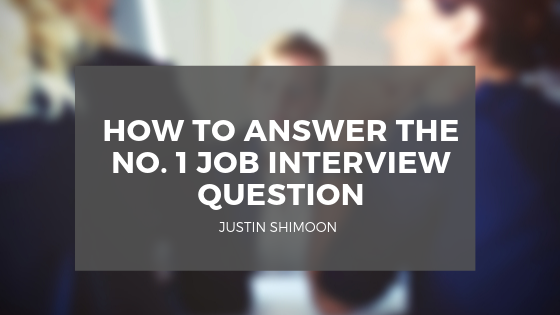“Why should I hire you?” is a question asked in practically every job interview. As simple as it is, the interviewee’s answer could make or break the chance of obtaining the job position.
Within this question is the underlying curiosity of what makes a job-seeker different from other potential candidates. What makes him or her stand out?
Upon hearing the question, interviewees might want to go into detail about an aspect of their life, personality, or best skills. While that’s all very interesting, the first thing to remember when talking to an employer is to talk about oneself through the employer’s eyes. Essentially, describe skills or achievements as they relate to the job.
Employers want to know what potential job candidates can do with them, if they will be a fit for the role, if they will bring something new or fresh to the job. A good answer to this question will make a connection between past experiences and the job position. It will take into account the goals of the company, job tasks, or interviewer. The answer should give more valuable information than just a list of hobbies and characteristics.
Although employers might enjoy learning about their potential employees, they also value practicality. This means that what a candidate says should be put in the context of the job. For example, if a candidate says, “You should hire me because I am hard-working,” the interviewer will want to know the following: “What makes you so hard working? How would your ability to work hard transfer into this position? Others are also hard-working, why should we hire you instead of them?”
It can be helpful to have a few answers prepared. There is no formula for the perfect answer, but a well-rounded response includes three parts:
- What the candidate believes to be what the employer is looking for.
- This portrays the interviewee’s interest in the position and company. It gives the employer a sense of connection, that who they are speaking to genuinely cares about the job values.
- What about the candidate fits into the employer’s vision.
- This part is the candidate’s selling point. This is where the question is answered, where the employer can figure out if the interviewee is a good fit for the position.
- Evidence for the candidate’s claim.
- The interviewee must back up their selling point with specific, anecdotal evidence. Past experience with a similar task or role related to the position is key to show that the candidate’s skills are legitimate.

